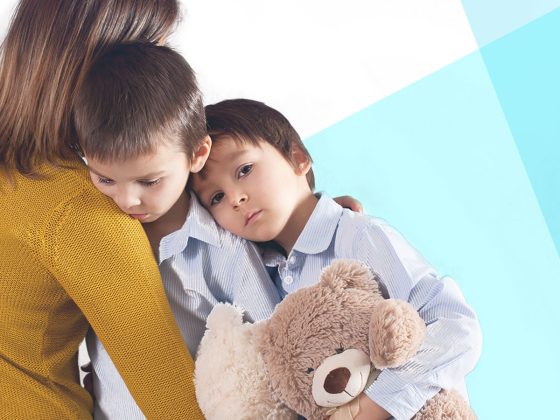
Noticing Signs of Stress
Take note of these signs that a child may need additional help during the grieving process.
Sometimes, children who are grieving can have especially severe reactions. You’ll naturally want to watch kids closely to get as clear a picture as possible of how they’re doing.
Children may:
- have nightmares or scary thoughts, either in general or about the way the loved one died,
- fixate on the circumstance of the person’s death,
- not want to talk about the death or anything (even happy memories) about the deceased person, and
- experience problems with “hyperarousal,” such as trouble sleeping, poor concentration, excessive irritability, or developing new fears.
Parents know their children and their behavior best. If any of these problems are causing concern, reach out for help right away.

The Power of Following Children’s Lead
Joining children in their play offers so many opportunities to encourage, communicate, bond, spark and share joy, teach, show warmth and kindness, and help them thrive.
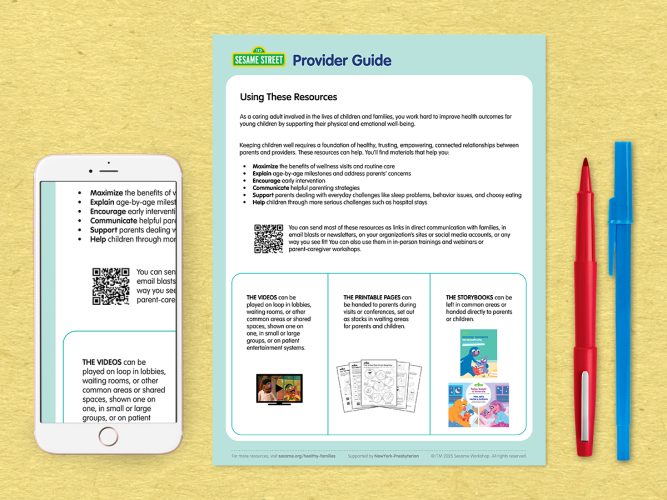
For Providers: Using These Resources
Print and refer to this page as you implement the materials in this initiative.
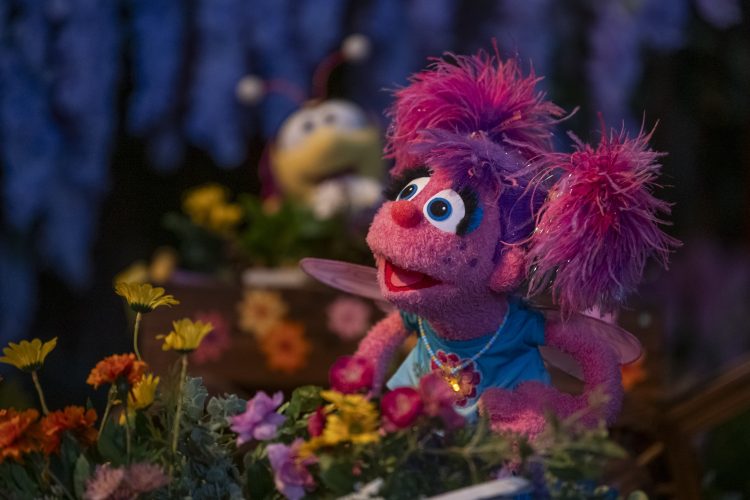
Watch and Play: Abby's Magical Beasties
Watch this episode and explore ways to extend the learning at home.
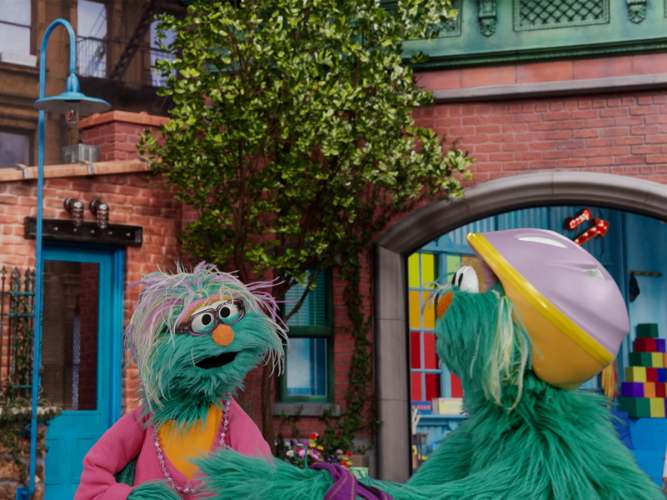
Parenting Moment: Describing
The way you talk with children matters! Your words have power.
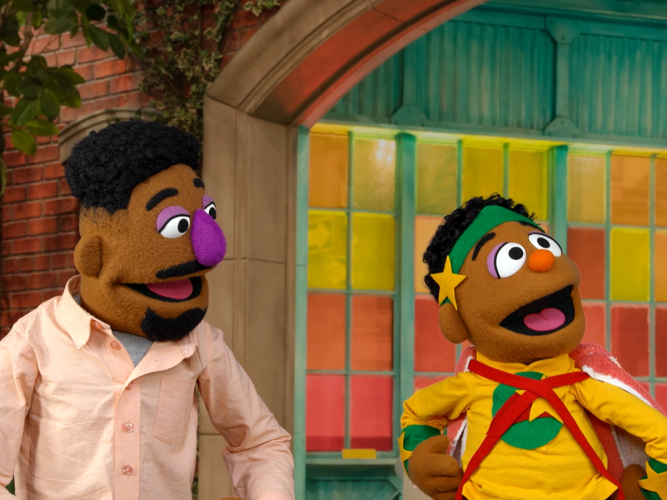
Parenting Moment: Imitating
Playing is learning! The way you play with children matters… your actions and words have power.
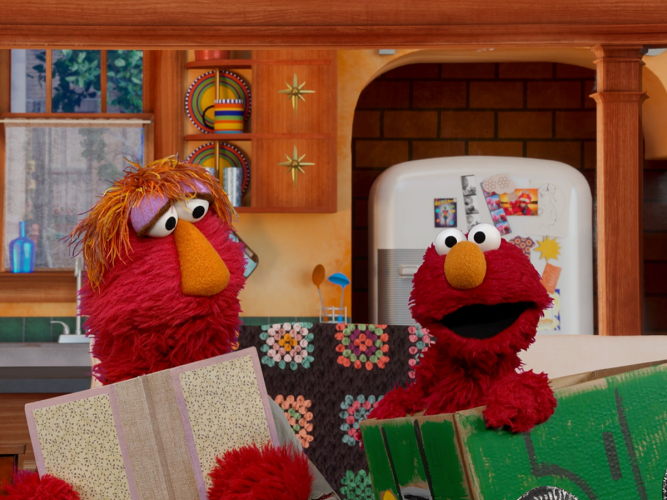
Parenting Moment: Reflecting
The way you talk with children matters… your words have power!
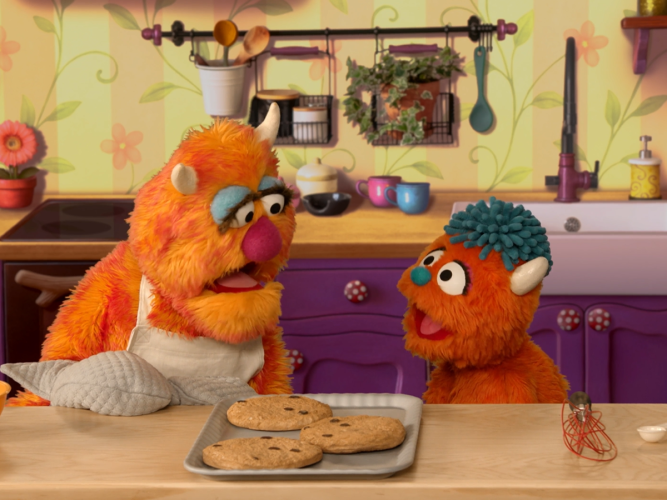
Parenting Moment: Enjoying!
Showing you enjoy your time together with your child builds your special bond. And when you’re being positive, your little one is more likely to do the same.
